International reaction to Gaza siege has exposed the growing rift between the West and the Global South as Jorge Heine explains.


International reaction to Gaza siege has exposed the growing rift between the West and the Global South as Jorge Heine explains.

As they continue to wait in vain for state intervention amid rising sea levels, people in Akwa Ibom are taking matters into their own hands, as Ekpali Saint reports.
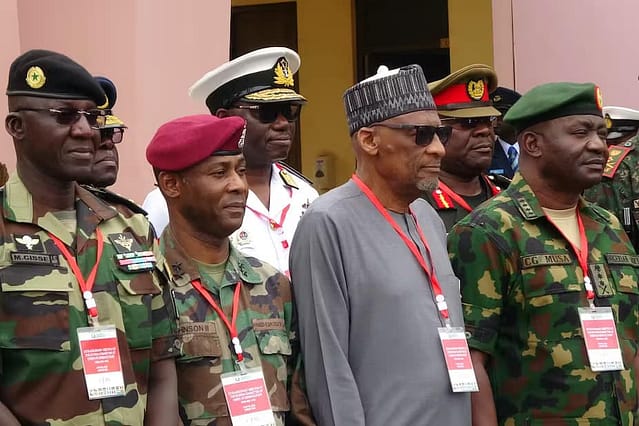
As ECOWAS grapples with yet another military coup d’etat in the region, Olayinka Ajala of Leeds Beckett University explains what they must do to restore order.
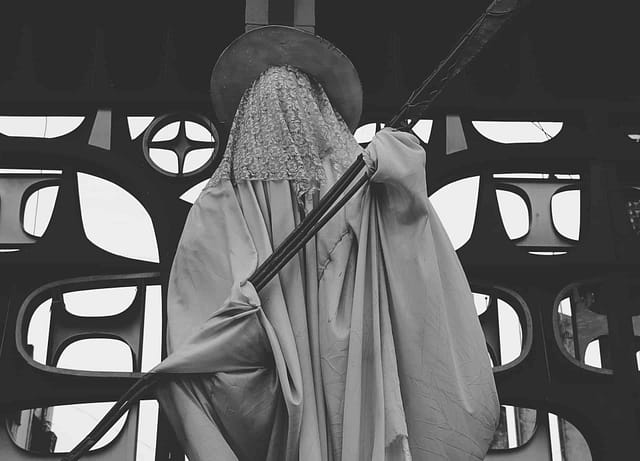
Tony Wheeler is one of the most travelled people in the world, but one country has eluded him for 50 years – Nigeria. For Grey Continent, he explains why he has to right this wrong.

Traffic in Lagos, Nigeria, one of the world’s largest and fastest-growing cities, can be a nightmare. Citizens often spend 30 hours a week in traffic jams, as Robert Ackrill, Nottingham Trent University and Olasunmbo Olusanya, University of Lagos write.
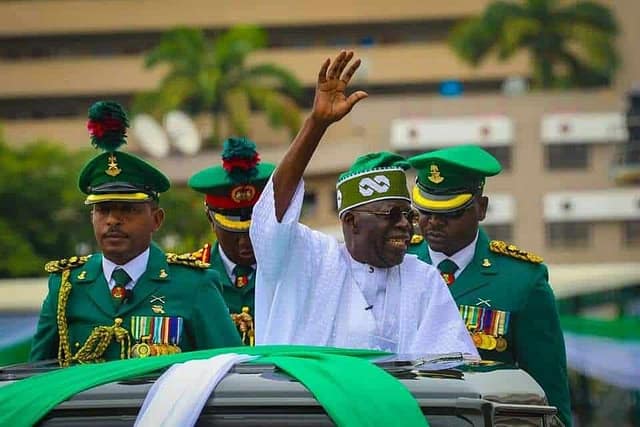
In Cameroon, the unintended consequences of Nigeria’s fuel subsidy withdrawal ripple across the beleaguered Anglophone region as Francis Tim Mbom reports.

Kiswahili originated in east Africa, spreading around the continent and the globe. It’s been adopted as a working language at the African Union and there’s a push for it to become Africa’s lingua franca or common language. Morgan J. Robinson is a historian of east Africa with a research focus on language who has published a book on Kiswahili called A Language for the World. We asked Morgan J. Robinson, of Mississippi State University how today’s accepted standard version of Kiswahili came into being.

Tinashe Mushakavanhu from the University of Oxford explains why a group of Zimbabwean writers undertook the task.

Senegal’s protesters should be lauded for defending their country’s democracy, not condemned for fomenting chaos writes Franklin Nossiter.
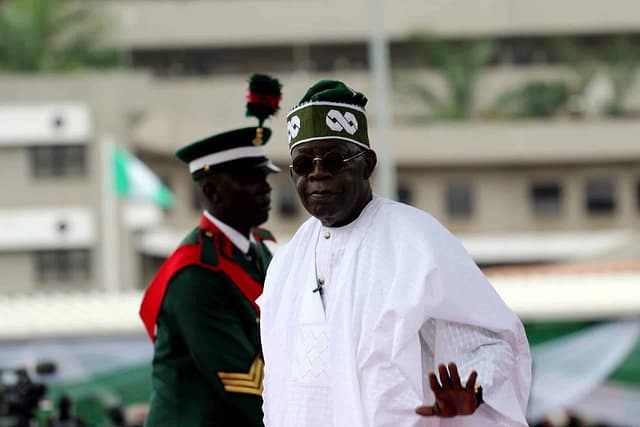
Nigeria’s president has read the mood of the country well by focusing on security writes Sallek Yaks Musa, of the University of Northampton

The fast-rising genre is spawning a new wave of Afrobeats stars, and adds a spiritual dimension rooted in a century-old African church, writes Doyin Olagunju.

Presented since 1979, the Venice Architecture Biennale (La Biennale di Venezia) is possibly the most influential architecture exhibition in the world. For the first time, this year’s edition is curated by an African architect, Lesley Lokko. She has ensured that a strong African presence is the central feature of the show. Indeed, the 2023 exhibition is part of an undeniable shift towards a more just representation in global architecture, writes Toma Berlanda
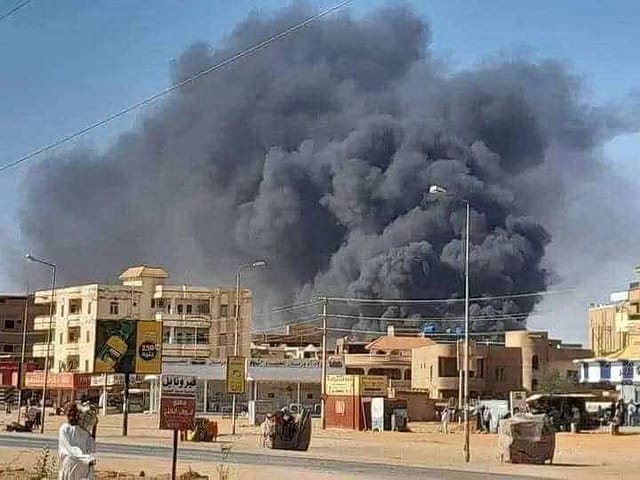
The clash between Burhan and Hemedti was inevitable. In the mediation scramble, nobody can afford to side with Bashir’s Islamists, writes Fathi Osman.
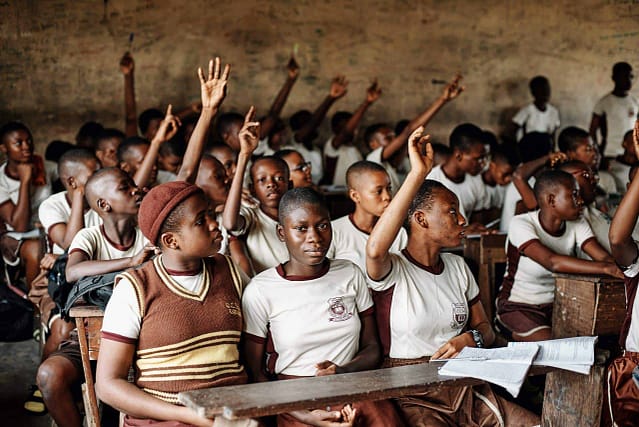
From the government’s efforts trying to rescue stranded Nigerians in Sudan, to calls for an increase in public sector pay – test your knowledge of what has happened in Nigeria this week.
The quiz is brought to you by Adetomiwa Isiaka, who writes the newsletter, That New News , a wry look at the week’s news stories. She tweets at @bellexsans.
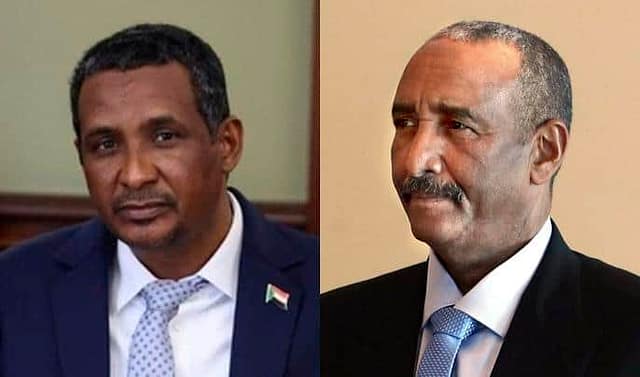
The current crisis exposes the motives of the men with guns. It requires, paradoxically, the intervention of a distracted international community that has done little to support a democratic transition, writes Nick Westcott.